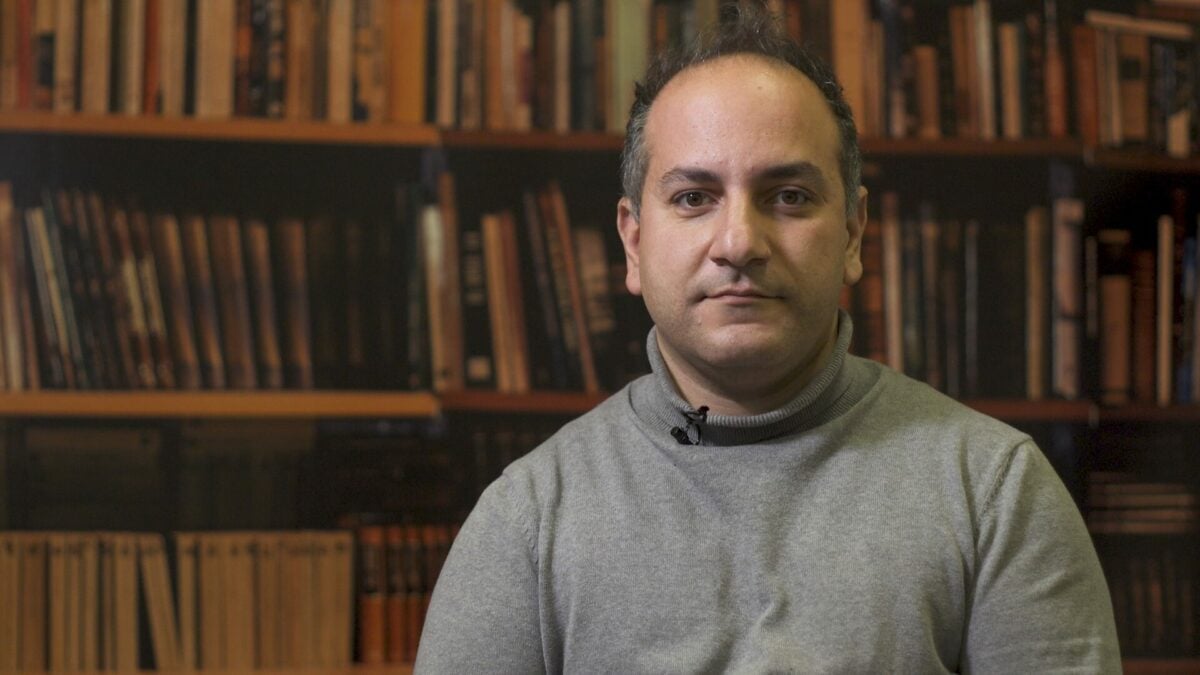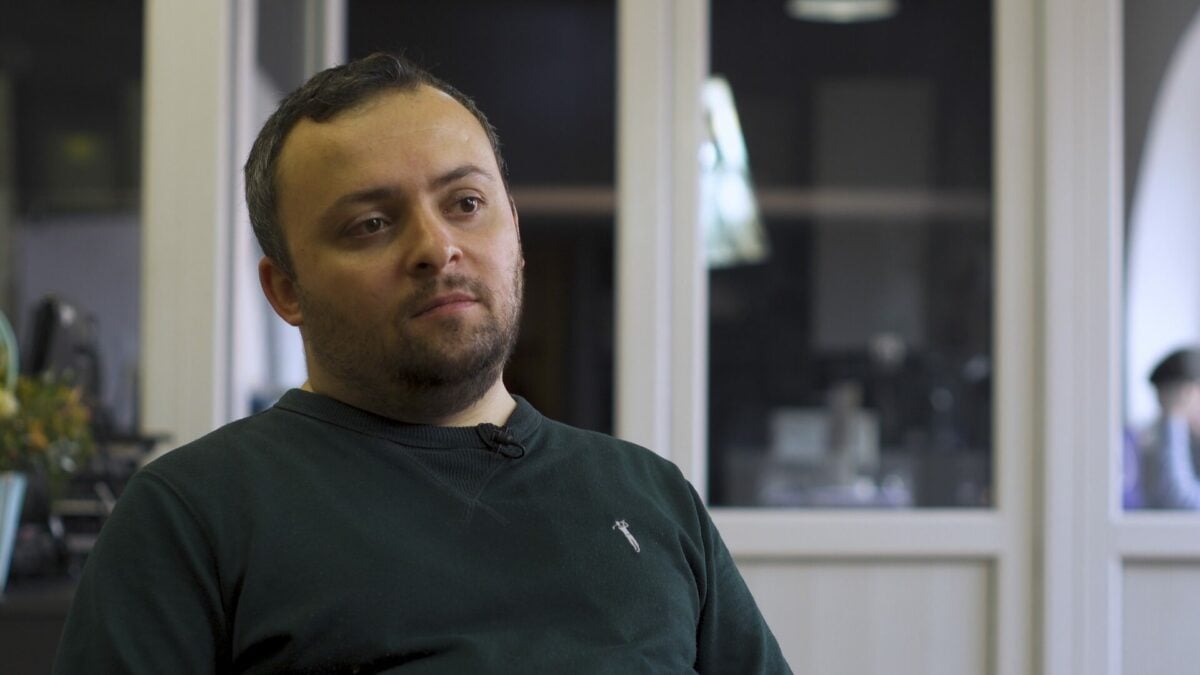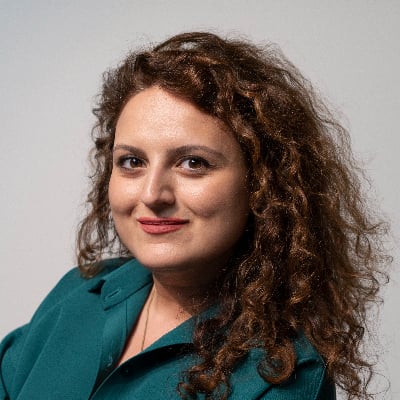In the age of information warfare and post-truths, the growth of online journalism has led to the rise of fake news and disinformation. As a result, fact-checking emerged as a distinct genre of journalism at the beginning of the 21st century.
If, at the beginning of the 20th century, the primary role of fact-checkers was to verify the names and dates included in the authors’ works, now their responsibilities are far more complex.
There are two main types of fact-checking: internal and external. Internal fact-checking occurs within the editorial office before publishing the material. In contrast, external fact-checking involves independent organizations or journalists verifying the facts after publication.
Fact-checking gained significant attention in 2016 during the US presidential election, as the spread of fake news became increasingly prevalent. Numerous studies were conducted in the USA to understand, identify, and combat this misinformation.
In response to various misinformation campaigns that proliferated on social media and online platforms, the decision was made to establish an International Fact-Checking Day. This holiday was officially established in 2016 and was first celebrated on April 2, 2017.
To combat false information Fact-checking teams were established in Armenia.
In 2016, the NGO “Union of Informed Citizens” decided to raise public awareness by addressing misinformation, which led to the establishment of sut.am. Editor Vahe Ghukasyan explains that the Armenian media landscape was filled with manipulative and questionable content at that time, so creating a fact-checking website became critical.

Vahe Ghukasyan
“We discussed what to name the first Armenian fact-checking website. Since we aimed to combat misinformation, we decided that ‘sut.am’ was a suitable name for the website. The name reflected our mission well, but it sometimes led to confusion. We often encountered negative comments and criticisms concerning the name ‘sut.am,'” says Vahe Ghukasyan.
In 2019, the editorial team renamed the website to Fact Investigation Platform, or FIP.am. The primary objective of this media outlet is to uncover disinformation and manipulations disseminated by officials and other media sources, thereby reducing their impact on public opinion formation and decision-making.
Very few Armenian media outlets engage in internal fact-checking. Vahe Sarukhanyan, head of Hetq‘s fact-checking team, stated that in 2020, the editors recognized the need for a team to verify their own publications.
“During the forty-four-day war, both the Azerbaijani and Armenian sides spread a significant amount of disinformation. Reliable information was crucial for conducting an investigation, especially as we looked into the capitulation and capture of villages in Artsakh. Every statement needed to be verified. At that time, we recognized that our newsroom lacked sufficient fact-checking journalists, which led us to form a small fact-checking team,” says Vahe Sarukhanyan.

Vahe Sarukhanyan
Vahe notes that the editorial office collaborates with OCCRP’s fact-checking team during international investigations. This organization specializes in investigative journalism focused on organized crime and corruption.
In 2021, a fact-checking team was established at CivilNet. CivilNetCheck editor Ani Grigoryan states that the types of disinformation are evolving, which complicates fact-checkers’ work and poses a greater danger to society.
“Disinformation primarily revolves around highly sensitive topics due to its specific political and economic objectives. It significantly influences public opinion and can ultimately impact democracy. These effects can lead to serious consequences,” says Ani.

Ani Grigoryan
Ani says it is more time-consuming and challenging to check topics related to security issues. Instead of gaining valuable insights, they often encounter unjustified refusals from government agencies, citing ‘state secrets’ as the reason.
CivilNet is currently the only newsroom in Armenia that is a member of the International Fact-Checking Network (IFCN). This membership has allowed the editorial team to collaborate with Meta. Starting in July 2024, CivilNetCheck will verify content on Facebook and Instagram in Armenian.
To support the advancement of reliable and quality journalism, Armenian fact-checking media and journalists have signed a memorandum of cooperation. In 2022, Hetq, in collaboration with its European partners, established the “Pastatsi” network of fact-checking journalists in Armenia. Several national and regional media outlets are members of this network.







